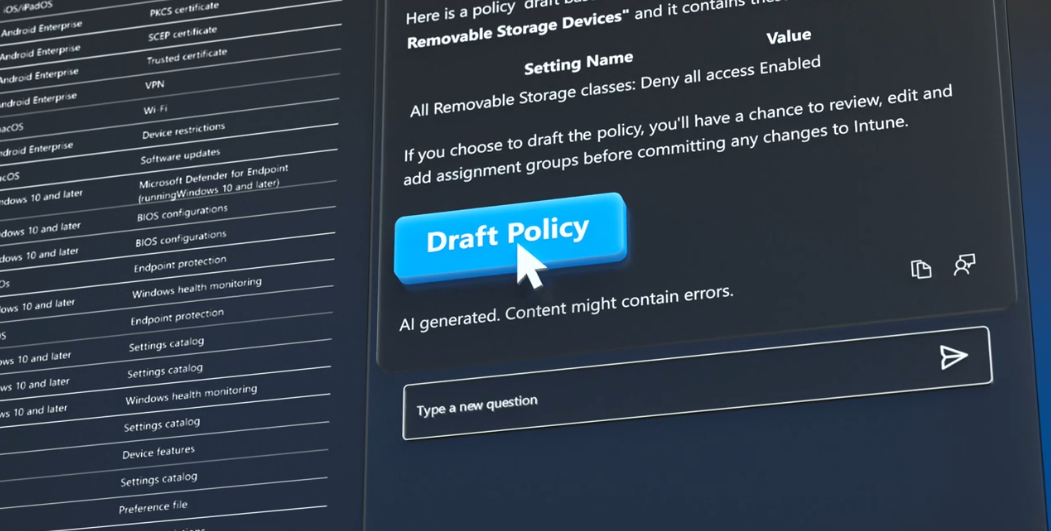
Microsoft introduces AI agents for Security Copilot
- 24.03.2025 22:47
- siliconangle.com
- Keywords: AI
Microsoft is boosting its Security Copilot with AI agents to automate cybersecurity tasks. These agents handle phishing detection, access optimization, and threat intelligence, developed both in-house and through partnerships.